
Archives


Michael Behe on COVID-19, Chloroquine, Malaria and the Edge of Evolution

Michael Behe on COVID-19 and ‘Why Are There Viruses, Anyway?’
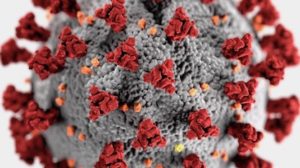
Evolution, Design, and COVID-19
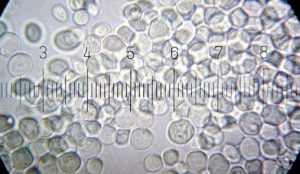
Helpful Devolutionary Mutations Are Rapid and Unavoidable: Paper Reinforces Darwin Devolves

Philosophical-ish Objections to Intelligent Design: A Response to Paul Draper

Michael Behe on the Design Idea That Won’t Go Away (and Shouldn’t)

Important Medical Effects but Modest Mutations
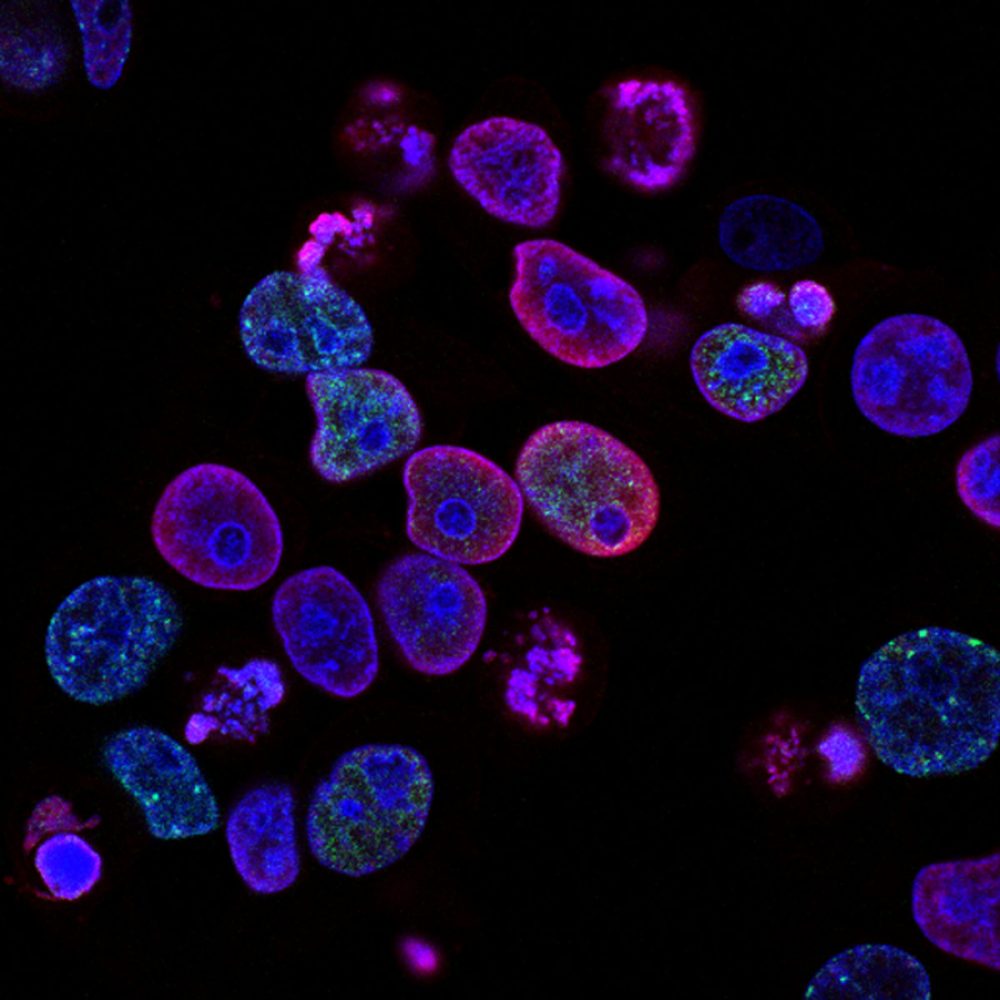
Honoring Phillip Johnson, Pt. 3: Michael Behe

Michael Behe Opens a Black Box for Christmas
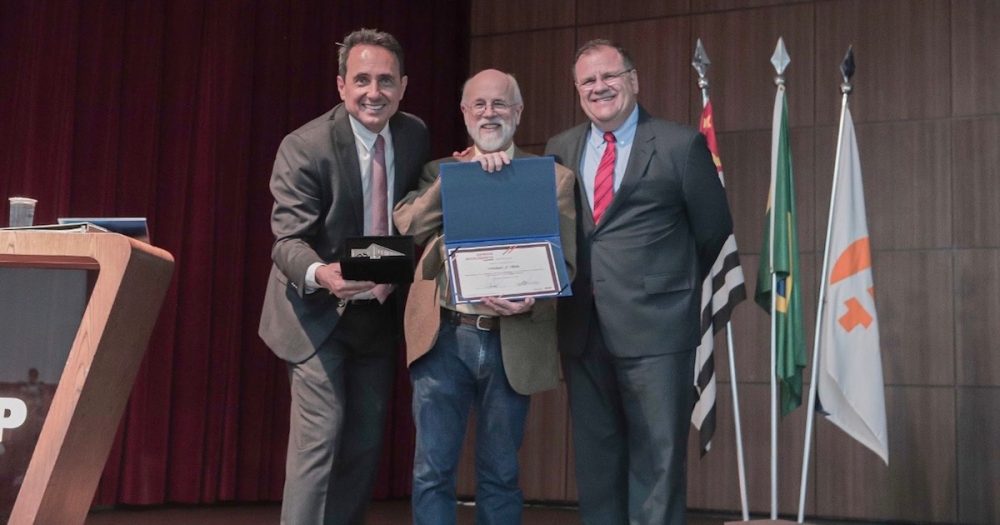
Behe Barnstorms Brazil
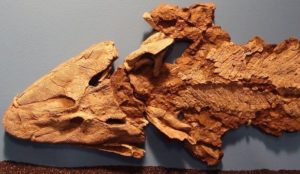
Darwin on Trial — As Fresh and Relevant as Ever

Darwin Devolves — Evidence Keeps Rolling In

Puppy Dog Eyes for Darwin

Déjà Vu at National Review

Michael Behe on the Darwinist Math Mirage

Michael Behe on Natural Selection’s Inability to Build New Systems
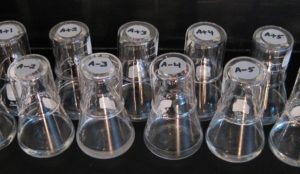
Can’t Anybody Here Make Distinctions?
Michael Behe on How Darwin Devolves Everything from Birds to Bacteria
